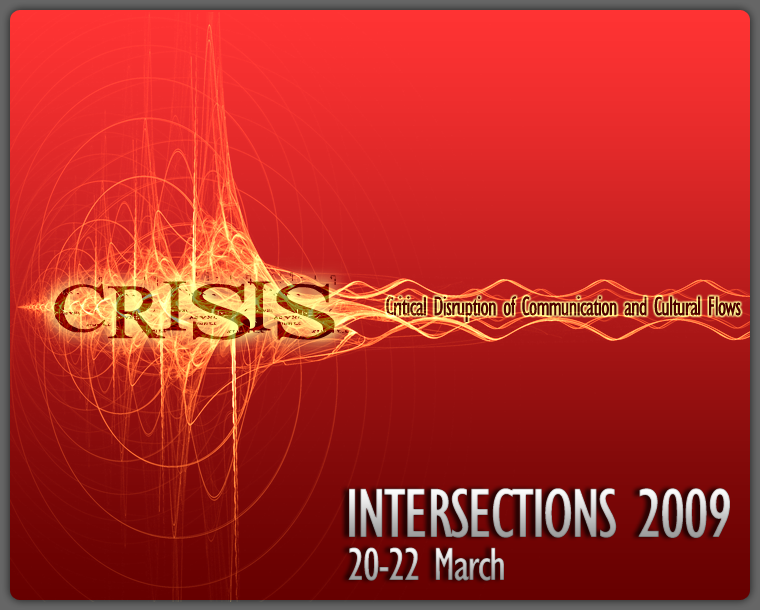Recycling as a Crisis of Meaning
DOI:
https://doi.org/10.25071/1718-4657.36718Abstract
In laymen’s terms, recycling is “good for the environment.” It involves “doing your bit” to help “save the Earth.” Yet, recycling requires high expenditures of energy and virgin materials, and produces pollutants, greenhouse gases and waste; it creates products that are “down-cycled” because they are not as robust as their predecessors, nor are such products usually recyclable themselves. Of the fifteen to thirty percent of recyclables that are retrieved from the waste stream, “almost half” are buried or burned due to contamination or market fluctuations that devalue recyclables over virgin materials (McDonough and Braungart, 56-60; Rogers, 176-179; Luke, 115-135; Rathje, 203-7;MacBride; Ackerman; EPA; Grassroots Recycling Network, Taxpayers for CommonSense, Materials Efficiency Project and Friends of the Earth). Furthermore, recycling infrastructure creates a framework where disposables become naturalized commodities instead of allowing practices of waste redesign, reduction or elimination. How is the schism between the popular perception of recycling as “good for the environment” and its less environmentally sound industrial processes maintained? By critiquing the visual culture of recycling campaigns, I argue that the meaning of recycling has been decontextualized, narrowed, and naturalized, thus functioning as a commodity sign.That is, recycling has been “abstracted from [its] context and then reframed in terms of the assumptions and interpretive rules of the advertising framework” through which it is promoted (Goldman, 5). I identify three main characteristics of the recycling commodity-sign. First, the individual, rather than government or industry, is represented as the primary unit of social change. Secondly, recycling is depicted as an act that ends at the blue bins, cutting out the industrial side of the cycle. Finally, recycling is symbolized as something that benefits the environment “in general” rather than as a specific form of waste management. Overall, I argue that recycling, instead of being a solution to environmental or waste crises, in fact constitutes a crisis of meaning that allows environmental degradation and derisory waste practices to continue.Published
2009-03-22
How to Cite
Liboiron, M. (2009). Recycling as a Crisis of Meaning. ETopia. https://doi.org/10.25071/1718-4657.36718
Issue
Section
Articles

